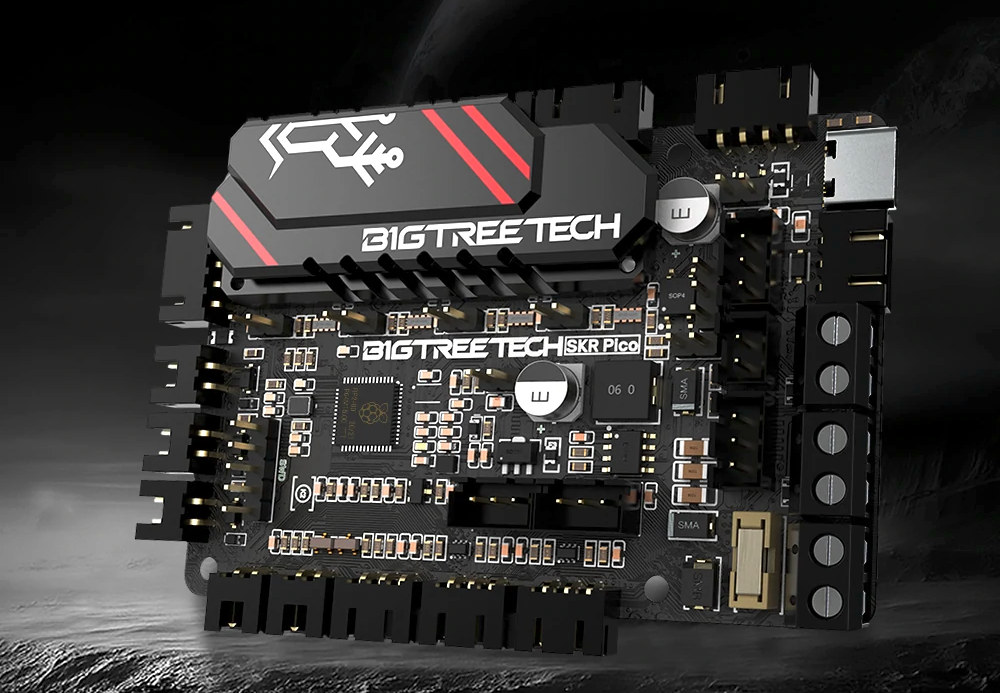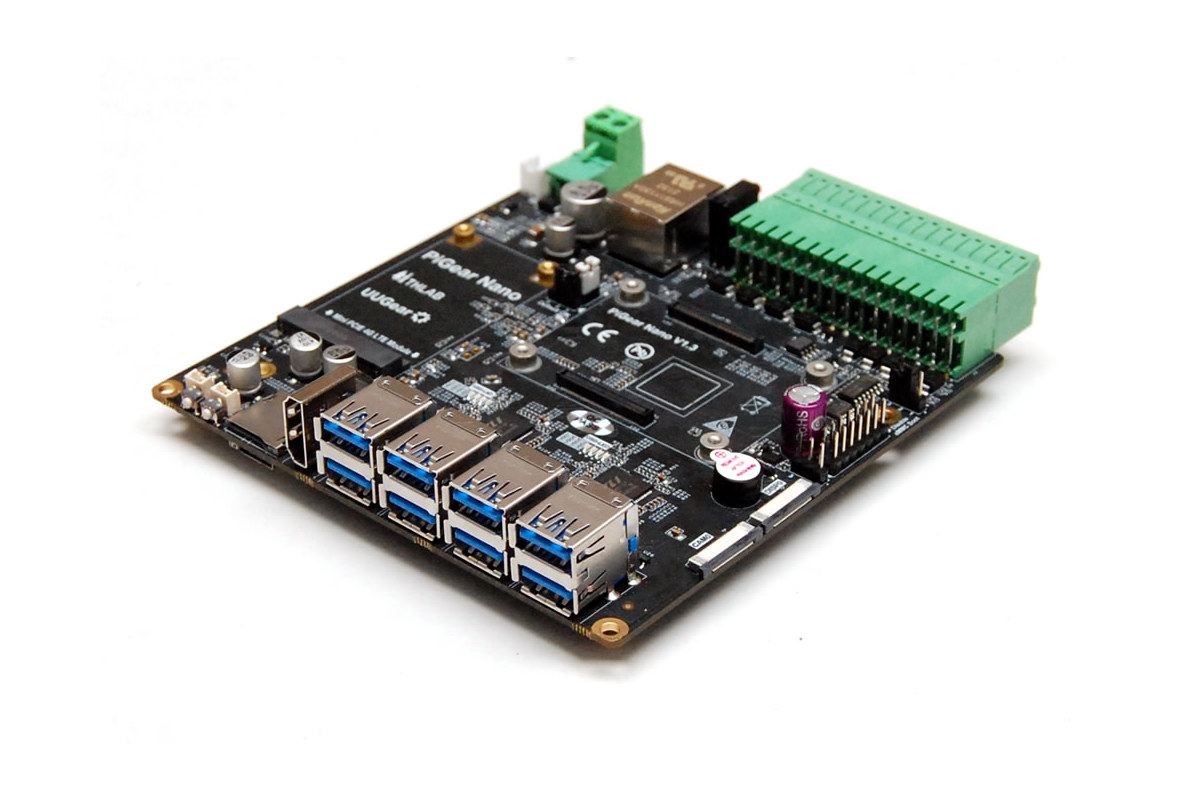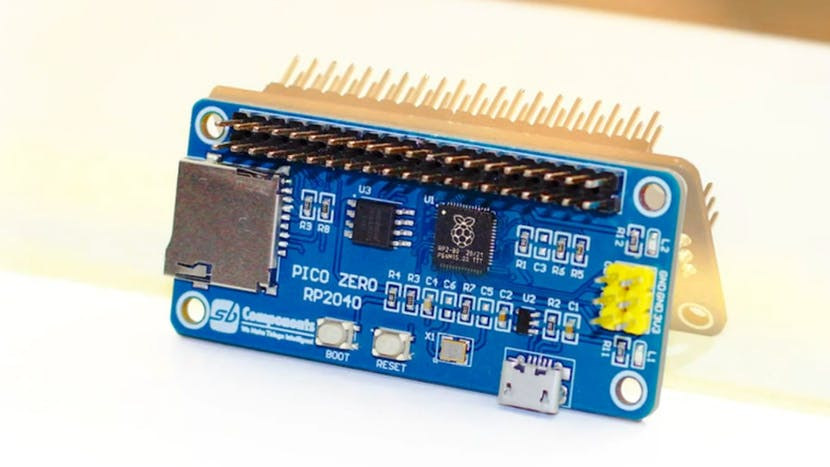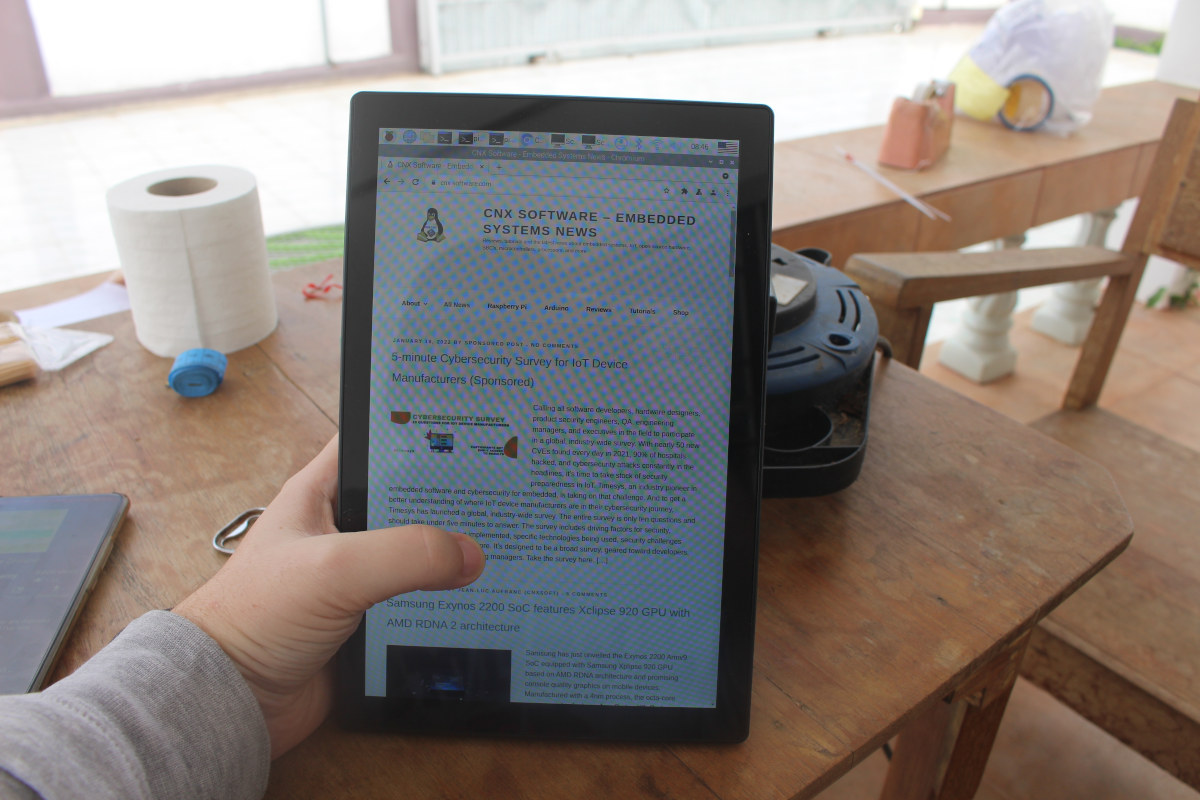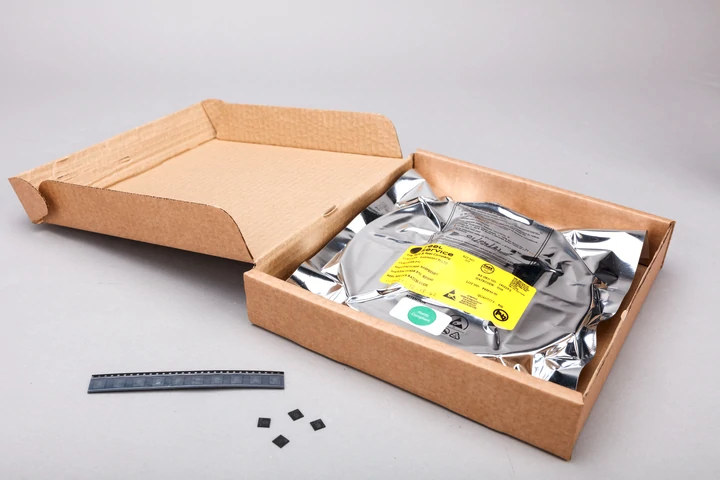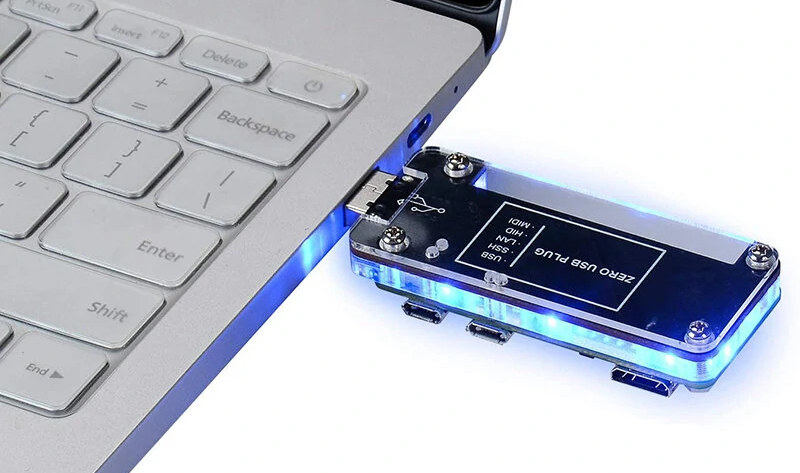Several of the embedded talks at FOSDEM 2022 mention the “Eclipse Oniro Project”. I had never heard about that project from the Eclipse Foundation, so let’s see how they describe it: Oniro is an Eclipse Foundation project focused on the development of a distributed open source operating system for consumer devices, regardless of the brand, model, make. Oniro is a compatible implementation for the global market of OpenHarmony, an open source operating system specified and hosted by the OpenAtom Foundation. Designed with modularity in mind, Oniro offers greater levels of flexibility and application portability across the broad spectrum of consumer and IoT devices — from tiny embedded sensors and actuators, to feature rich smart appliances and mobile companions. As a distributed and reusable collection of open source building blocks, Oniro enables compatibility with other open source technologies and ecosystems. Through close collaboration with projects and foundations such as OpenHarmony from […]
BTT SKR Pico – A Raspberry Pi RP2040 based 3D printer control board
BigTreeTech BTT SKR Pico V1.0 is a 3D printer controller board based on Raspberry Pi RP2040 MCU, compatible with Raspberry Pi Linux SBC’s, and specially designed for the compact Voron 0 3D printer, but also working with other models. The board comes with four TMC2209 motor drivers covered by a heatsink for cooling, as well as interfaces for temperature sensors, and a USB Type-C port to connect to the host computer, usually a Raspberry Pi board running Linux. BTT SKR Pico V1.0 3D printer board specifications: MCU – Raspberry Pi RP2040 dual-core Cortex M0+ microcontroller at up to 133 MHz with 264 kB of embedded SRAM Storage – TBD Motor drivers – Up to 4x TMC2209 drivers for X, Y, Z1, Z2, and E interfaces Temperature sensor interfaces – TH0, THB 2-way 100K NTC RTD sensors Host interface – USB Type-C port Misc – Built-in heatsink (Note: fan cooling is […]
PiGear Nano – A Nano-ITX Raspberry Pi CM4 carrier board with 7-30V DC input
PiGear Nano is an Nano-ITX carrier board for Raspberry Pi CM4 (Compute Module 4) designed for industrial applications with a -30°C to +80°C temperature range, 7 to 30V DC input, as well as RS232, RS485, and CAN bus interfaces. The board also features one Gigabit Ethernet port, one HDMI port, MIPI DSI and CSI display & camera interface, M.2 SSD storage, eight USB 3.0 ports, mini PCIe and SIM card sockets for 4G LTE cellular connectivity, and various digital input and output interfaces. Pigear Nano specifications: Supported SoM – Raspberry Pi CM4 and CM4 Lite modules Storage – 1x NVMe SSD M.2 socket, 1x MicroSD card slot for Compute Module 4 Lite only Display I/F – 1x HDMI Type-A connector, 1x MIPI DSI interface x 1 Camera I/F – 1x MIPI CSI interface Networking 1x Gigabit Ethernet RJ45 port Optional 4G LTE/GPRS via mini PCIe socket plus SIM card slot […]
FOSDEM 2022 schedule with embedded Linux, IoT, automotive… sessions
While typically taking place in Brussels, Belgium, FOSDEM 2022 will take place online just like FOSDEM 2021 due to COVID-19 restrictions. The good news is that it means anybody can attend it live from anywhere in the world, and makes it more like “FOSDIM”, replacing European with International, in “Free and Open Source Developers’ European Meeting”. FOSDEM 2022 will take place on February 5-6 with 637 speakers, 718 events, and 103 tracks. I’ve made my own little virtual schedule below mostly with sessions from the Embedded, Mobile and Automotive devroom, but also other devrooms including “Computer Aided Modeling and Design”, “FOSS on Mobile Devices”, “Libre-Open VLSI and FPGA”, and others. Saturday, February 5, 2022 12:30 – 13:00 – Five mysteries in Embedded Linux by Josef Holzmayr Once you start out in embedded Linux, there is a lot to do. Some things are obvious, some less so. First and foremost, […]
StackyPi – A Raspberry Pi RP2040 board with Raspberry Pi Zero form factor (Crowdfunding)
SB Components’ StackyPi is a development board based on Raspberry Pi RP2040 MCU that happens to follow the Raspberry Pi Zero form factor. The board is equipped with 8MB SPI flash for the firmware, a MicroSD card socket, a micro SB port, two buttons, and a 40-pin GPIO header that makes it compatible with some Raspberry Pi uHAT and HAT expansion boards. StackyPi specifications: MCU – Raspberry Pi RP2040 dual-core Cortex-M0+ microcontroller @ up to 133 MHz with 264KB SRAM Storage – 8MB (64Mbit) SPI flash, MicroSD card socket USB – 1x Micro USB port Expansion – 40-pin GPIO header with GPIO, I2C, UART, SPI, etc… mostly compatible with Raspberry Pi header (3.3V I/Os) Misc – Reset and Boot buttons Power Supply- 5V via Micro USB port Dimensions – 65 x 30 mm (Raspberry Pi Zero form factor) The main advantage of such as board is that it can support […]
10.1-inch RPI All-in-One PC review with Raspberry Pi 4
A couple of months ago I received “RPI All-in-One”, a 10.1-inch touchscreen display for Raspberry Pi boards, listed the specifications, checked out the package content, installed a Raspberry Pi 4 inside the display before booting my new all-in-one (AiO) PC successfully. I’ve now had time to spend more time with the PC/display and see how it performs under various conditions. I also tested HDMI and USB-C input features with a laptop and mini PC. Fan or fanless operation? After updating Raspberry Pi OS, I ran sbc-bench.sh script together with rpi-monitor to see how the Raspberry Pi 4 with 1GB RAM would perform under load with the (noisy) fan enabled.
|
1 2 3 4 5 6 7 8 9 10 11 12 13 14 15 16 17 18 19 20 21 22 23 24 25 26 27 28 29 30 31 32 33 34 35 36 37 38 39 40 41 42 43 44 45 46 47 |
sbc-bench v0.9.1 Installing needed tools. This may take some time. Done. Checking cpufreq OPP. Done (results will be available in 11-15 minutes). Executing tinymembench. Done. Executing OpenSSL benchmark. Done. Executing 7-zip benchmark. Done. Checking cpufreq OPP. Done (17 minutes elapsed). perl: warning: Setting locale failed. perl: warning: Please check that your locale settings: LANGUAGE = (unset), LC_ALL = (unset), LC_ADDRESS = "en_GB.UTF-8", LC_NAME = "en_GB.UTF-8", LC_MONETARY = "en_GB.UTF-8", LC_PAPER = "en_GB.UTF-8", LC_IDENTIFICATION = "en_GB.UTF-8", LC_TELEPHONE = "en_GB.UTF-8", LC_MEASUREMENT = "en_GB.UTF-8", LC_TIME = "en_GB.UTF-8", LC_NUMERIC = "en_GB.UTF-8", LANG = (unset) are supported and installed on your system. perl: warning: Falling back to the standard locale ("C"). It seems neither throttling nor frequency capping has occured. Memory performance: memcpy: 2595.9 MB/s (0.8%) memset: 3398.3 MB/s (2.7%) 7-zip total scores (3 consecutive runs): 5556,5650,5565 OpenSSL results: type 16 bytes 64 bytes 256 bytes 1024 bytes 8192 bytes 16384 bytes aes-128-cbc 61981.49k 76335.40k 82773.25k 84199.42k 84355.75k 84393.98k aes-128-cbc 62224.25k 76254.36k 82779.39k 84461.91k 84757.16k 84825.43k aes-192-cbc 55900.34k 67052.89k 71500.80k 73121.11k 73362.09k 73203.71k aes-192-cbc 55869.41k 66963.52k 71835.14k 72934.74k 73471.32k 73465.86k aes-256-cbc 50541.63k 59834.26k 63387.14k 64413.70k 64634.88k 64760.49k aes-256-cbc 50646.47k 59735.02k 63384.92k 64461.14k 64648.53k 64629.42k Full results uploaded to http://ix.io/3MfY. In case this device is not already represented in official sbc-bench results list then please consider submitting it at https://github.com/ThomasKaiser/sbc-bench/issues with this line: | RPi 4 Model B Rev 1.1 / BCM2711 rev B0 | 1500 MHz | 5.10 | Bullseye armhf | 5590 | 62100 | 64690 | 2600 | 3400 | - | [http://ix.io/3MfY](http://ix.io/3MfY) | |
No throttling was detected, and the temperature never exceeded 56°C in a room with an ambient temperature of 26°C. I then disconnect the fan, but it turns out the fan can also be easily disabled in the OSD menu […]
Raspberry Pi RP2040 is now available in quantities for 70 cents and up
Raspberry Pi RP2040 microcontroller has been available for one dollar in single quantities for about half a year, with at the time, 500- and 3400-pieces reel pricing to be determined. But Raspberry Pi Trading has now started to sell the chip in bulk with reels of 3,400 and 500 pieces directly to businesses for a unit price of respectively 70 and 80 cents via the new Raspberry Pi Direct website. Distributors have been selling reels for a while, but closer to 85 cents to 95 cents per unit. That basically means smaller quantities should still be purchased through distributors, but it makes more sense to purchase reels directly from Raspberry Pi Trading. Eben Upton also says they have enough wafer stock to produce 20 million chips with more on the way, so no shortage is expected. That contrasts with the current situation with many STM32 microcontrollers when some companies have […]
USB add-on boards leverage Raspberry Pi Zero test pads, USB Gadget mode
I’ve just come across a few USB boards that take advantage of the Raspberry Pi Zero (W) test pads to add one or more USB Type-A ports to the board without soldering. The first one is “Catda Raspberry Pi zero WH USB expansion board” which I found on Banggood for $9.99. It’s a kit that ships with a USB Zero plug expansion module, an acrylic “isolation protection cover”, an acrylic transparent light diffraction protection cover plus M2.5 screws and nuts for mounting it to the Raspberry Pi Zero WH board, but it should work any Raspberry Pi Zero including the new Raspberry Pi Zero 2 W board since it relies on pogo pin to connect the four test pads for USB data and power, and those are in the same position for all Pi Zero boards. You can then plug it into a laptop or computer to power the board […]



